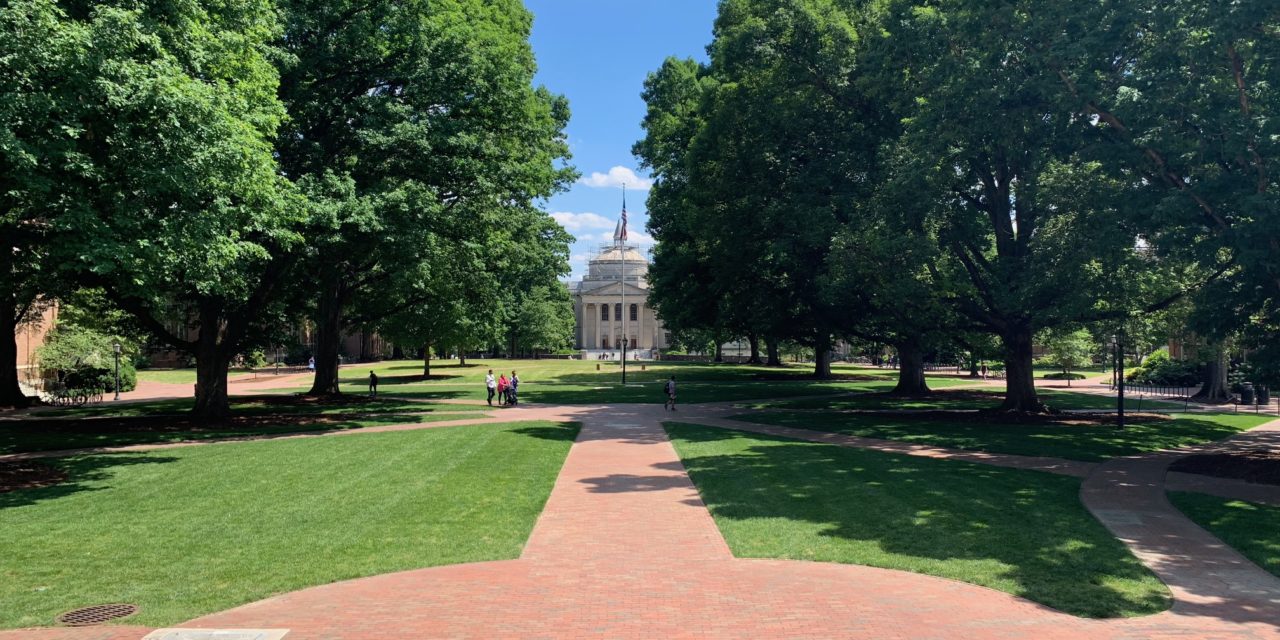The administration at UNC – Chapel Hill commissioned the Mental Health Task Force in the spring of 2018 to address what is being described as “one of the most critical issues” being addressed in higher education across the country.
The task forced worked “to really examine the whole scope of the issue, what promising practices there are in this space and to come up with strategies that would work specifically at UNC – Chapel Hill,” said UNC – Chapel Hill’s interim vice chancellor for student affairs Christ Hurt. She and Erica Wise – who chaired the task force – presented the task force’s recommendations to the Board of Trustees at a meeting in late May.
“There has been a steady increase in rates of mental health problems and distress across campus and also increased requests for services,” Wise said. “Those have been increasing here and elsewhere.”
The discussion on the campus level in Chapel Hill came a week after the UNC System Board of Governors held a committee meeting discussing mental health issues on campuses across the state. The committee heard that rates of anxiety and depression were being diagnosed at a rate across the system that interim president Dr. Bill Roper called “sobering.”
“I think there’s a desire on everybody’s part to figure out how best to deal with the needs that these young people have and to do it most effectively,” Roper said. “It’s an ongoing issue.”
Chair of the system board Harry Smith said the mental health of students would be a top priority moving forward.
“I think that you will see the board move swiftly with the president to try to start working to address what is no doubt a significant challenge and issue for our 235,000 students,” he said.
Back in Chapel Hill, interim chancellor Kevin Guskiewicz said mental health was a topic among top administrators at campuses across the country at a recent meeting.
“This is an issue that every university is dealing with right now,” he said.
At other universities that have had success helping students “it’s been about looking at unique programming around how to address and how to identify mental health issues among students, rather than just pouring a bunch of new resources into people and putting more counselors in place,” Guskiewicz said. “We’re going to learn from what other universities have done.”
Hurt said it is important to have buy-in at every level if changes are going to be able to be implemented quickly enough to meet the challenge on campuses in the state and nation.
“Everybody has a role to play in trying to figure out what solutions will work at UNC – Chapel Hill,” she said. “Again, there’s no blueprint that you can take off the shelf from one institution and just drop it here. We need to be co-creating solutions.
“And for that to be the case, you need to know what the students’ experiences are, and you need to know what the trustees’ commitments are moving forward to try to really figure out a path that we can all be on together as we create holistic solutions.”
The Mental Health Task Force in Chapel Hill is recommending the creation of a permanent committee on mental health and the implementation of ongoing assessments. Officials said continuing work to break down stigma surrounding mental health was an important piece and communicating with students about their options and strategies for maintaining their mental health.
The task force work was important to lay the groundwork for what the university should be doing moving forward, Wise said.
“The work is going to begin now.”
Related Stories
‹

One on One: Can’t Stop UNC’s Move to RaleighEditor’s Note: The UNC System has shared with Chapelboro.com that UNC President Peter Hans does live in the university president’s home. The column does not yet reflect that fact. Too late. It has already been done. The Spangler building that served as headquarters of the UNC System is dark and empty for the first time […]
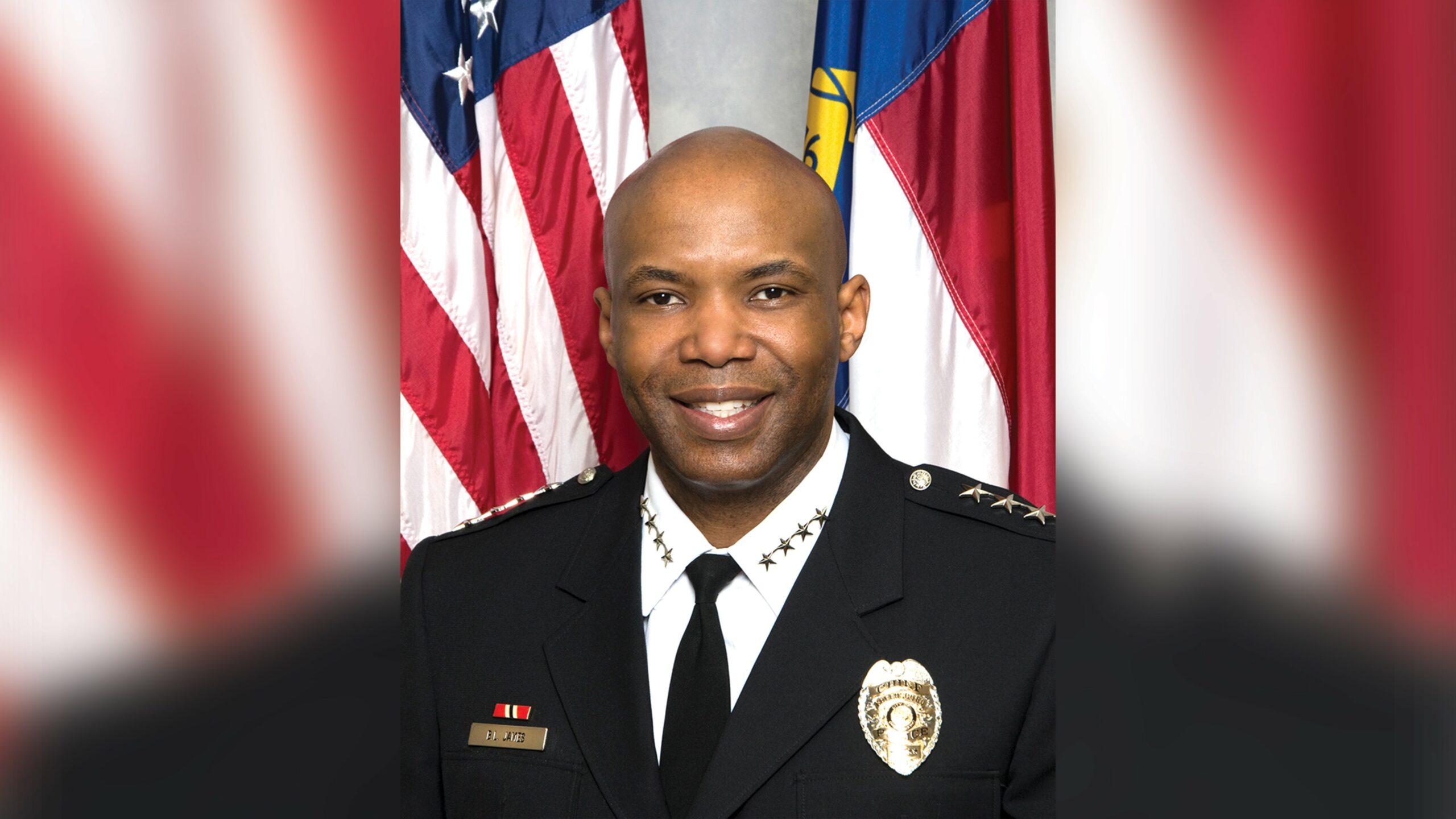
New UNC Police Chief Aims to 'Make Campus Proud' of Department With students coming back to campus and the first week of classes commencing, newly hired UNC chief of police Brian James says he is excited to build community trust and keep the school safe this semester.

UNC Shares Date for Mental Health Summit; University System Gives Funding for ResourcesUNC shared details of its upcoming mental health summit for the campus community on Thursday. The university will hold a gathering of mental health researchers and experts to speak with students, staff and others related to UNC on Monday, November 15. The summit, which will last from 9 a.m. to 5 p.m., is to chiefly […]
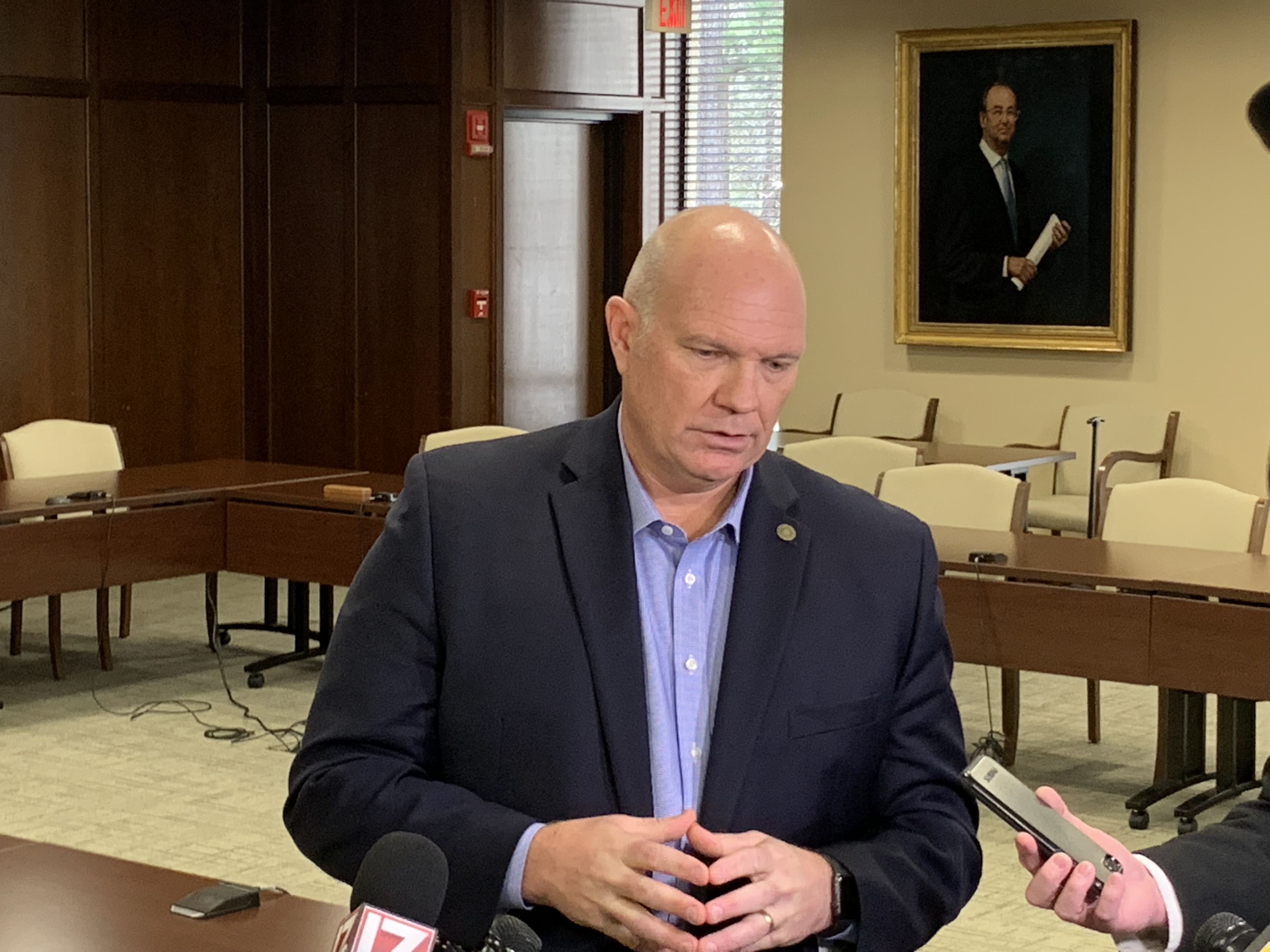
UNC System Reportedly Approves Process to Find Next PresidentIt appears the search for the next UNC System president will follow a similar confidential process that brought about the hire of Margaret Spellings in 2015 to now find her replacement. Spellings, the former United States secretary of education under George W. Bush, resigned from the position at UNC halfway through the recently concluded academic […]

UNC - Chapel Hill Monitoring Bill that would Allow Alcohol Sales at Athletics EventsA bill that would allow alcohol to be sold at athletics events on campuses across the UNC System is awaiting the governor’s signature to become law. And UNC – Chapel Hill officials appear eager to see its approval. The North Carolina House overwhelmingly voted this week to approve the Senate version of the bill. Advocates […]
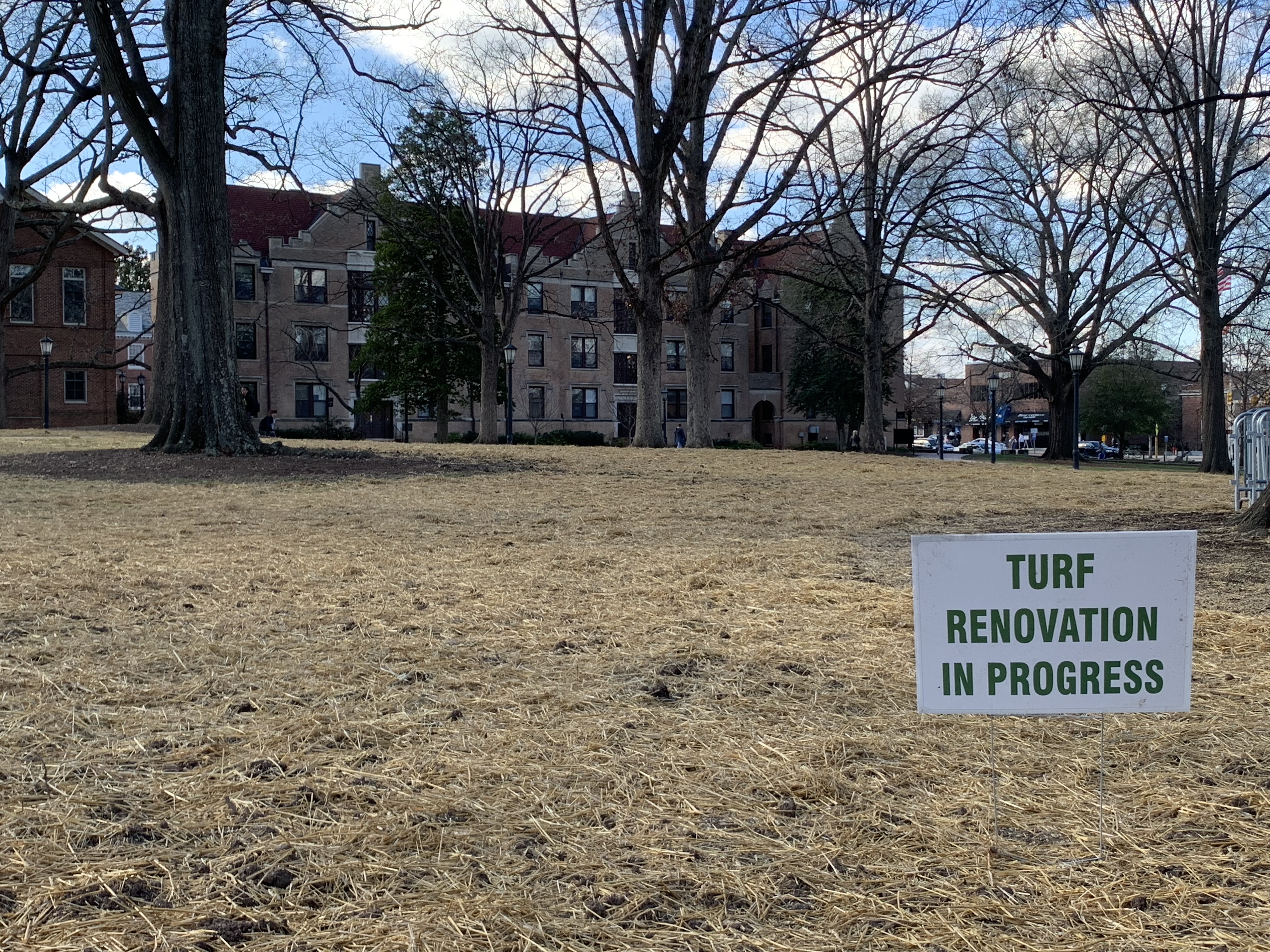
After Tumultuous Academic Year, UNC Board Still Divided on Silent SamWhile the Confederate monument known as Silent Sam wasn’t officially on the agenda for Wednesday’s meeting of the UNC System Board of Governors, it was still on the minds of many at the meeting. The initial mid-March deadline for a new plan for the statue that stood on the UNC – Chapel Hill campus for […]

UNC Governors Will Not Discuss Silent Sam at May MeetingContinuing a series of delays, the UNC System Board of Governors will not discuss the future of the Confederate monument on the UNC – Chapel Hill campus known as Silent Sam at the board’s May meeting. Board chair Harry Smith made the announcement Tuesday afternoon. “In early March, we set the May meeting of the […]

UNC Chair Says Faculty had Good Meeting Discussing Silent Sam with Board of GovernorsLeslie Parise announced late last month that she would be stepping down from her role as faculty chair. She joked during her address to the Board of Trustees University Affairs committee on Wednesday that leaving two years into the three-year appointment was fitting with recent university turnover. “Because, as you know, interim is kind of […]

Board: IDs at 12 UNC Campuses Don't Comply with Voter LawIdentification cards for students at most of the University of North Carolina system campuses fell short of qualifications set in state law to comply with a new photo voter identification requirement next year, state elections officials said Friday. Friday was the deadline for the State Board of Elections to certify which ID cards for universities, […]
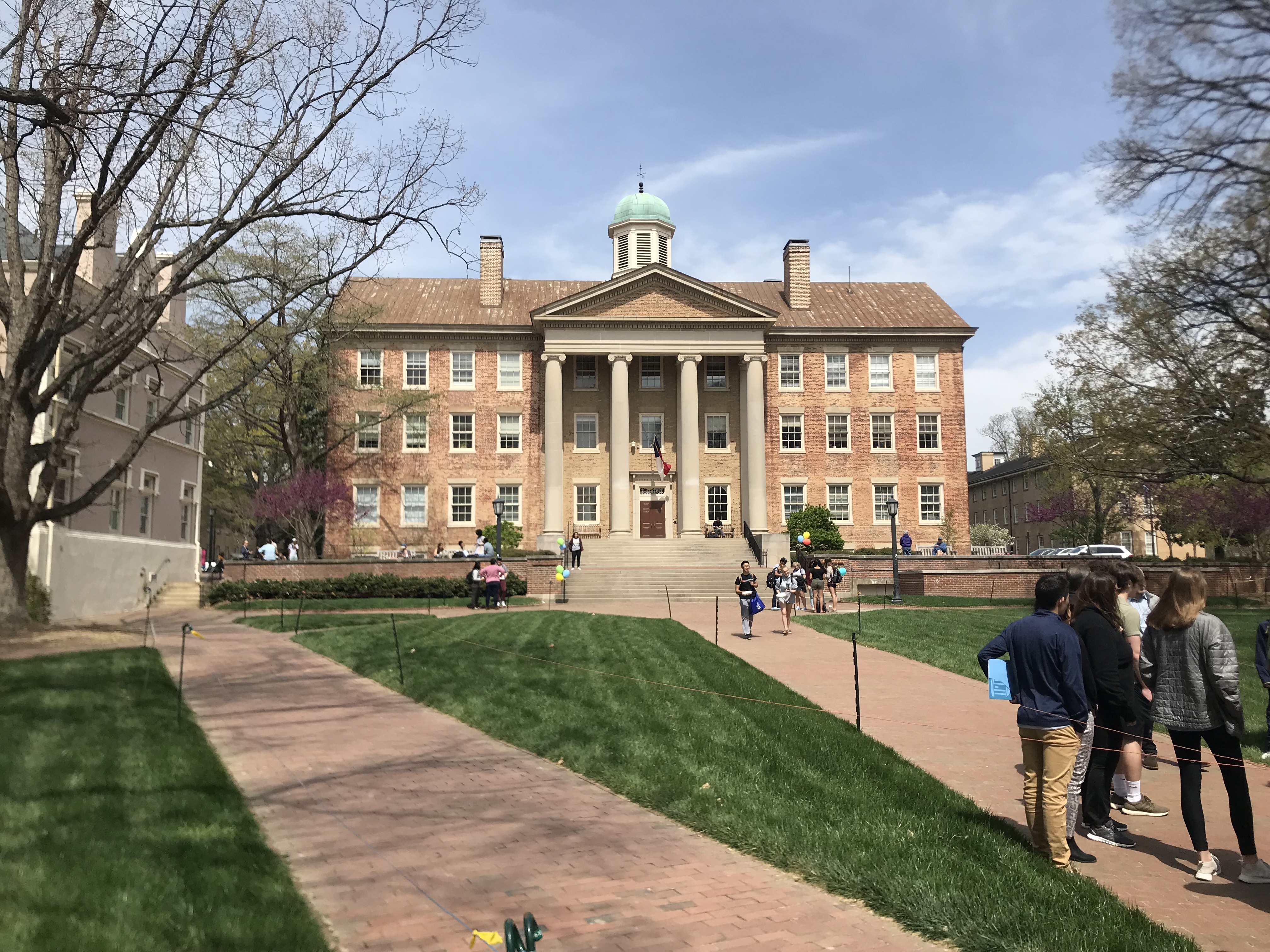
UNC - Chapel Hill Interim Chancellor AnnouncedKevin Guskiewicz will serve as interim chancellor at UNC – Chapel Hill. Interim UNC System president Dr. Bill Roper made the announcement appointing Guskiewicz to the role on Wednesday. Roper issued a statement regarding the appointment: “After widespread and helpful input, I strongly believe Kevin is the best person to lead UNC-Chapel Hill. Kevin is […]
›

